The Art Newspaper interview with Robert Storr has been circulating online for the past few days. In case you haven’t already seen it posted elsewhere, here’s an excerpt.
TAN: The topic of the Frieze panel is �Have Art and Theory Drifted Apart?� What are your thoughts?
Robert Storr: I�m not sure that art and theory were ever that close to begin with. There are some artists who read theory seriously but not all that many. And some of the theoretical writing that was done about artists was very important, but what people now call theory is a vast field and a relatively small amount of it bears directly on art, or at least on art production.
We�re in a very strange situation where some artists have derived a lot from their theoretical reading but never as systematically as people are inclined to think. Felix Gonzalez-Torres, who I know read theory carefully, nonetheless made a point of saying that it was not to be read in a kind of rigorous, academic way, but to help unblock thoughts and open up questions.
A lot of artists don�t want to tip their hands and show how selective and shallow their understanding is; a lot of people who do theory full time don�t really want to acknowledge that the process of making art is fundamentally different from the process of writing theory. And, therefore, even though you may share a vocabulary, you don�t share at all the same kind of generative process or goals.
TAN: What do you think the future of art theory is?
RS: I think the future of all kinds of philosophical discourse depends on their utility, their accuracy and description. Having been partially educated in France I was aware that a lot of French theory is conditioned by specifically French situations. The decline of a unified left in French politics, the death of existentialism as a movement�those terms are not applicable to America in a direct way, so you can read French theory in an American context but you also ought to read American history to counterbalance it. Thirty years ago everyone read Wittgenstein�how many read him today? If you want to talk about Jasper Johns, if you want to talk about Bruce Nauman, you should read Wittgenstein. People who have real theoretical minds read widely, they read selectively and they read for use.
Read the entire interview here.

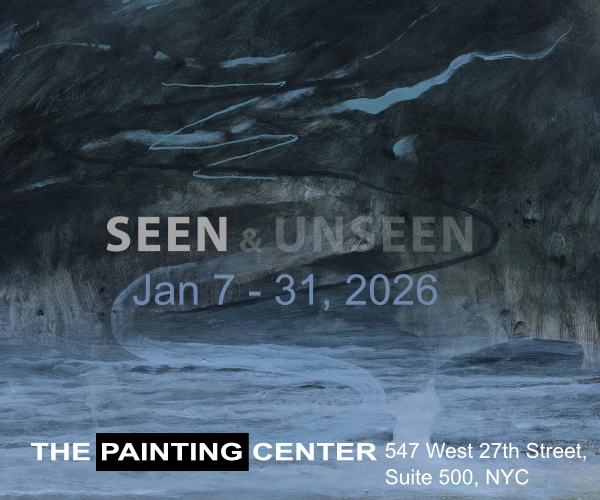
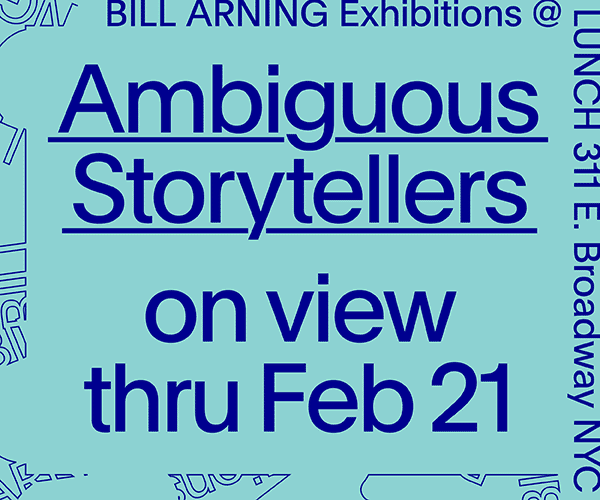

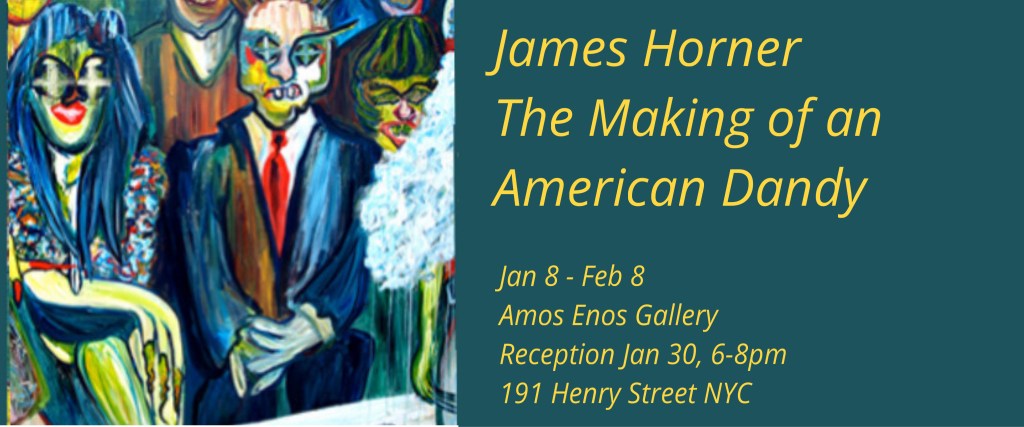
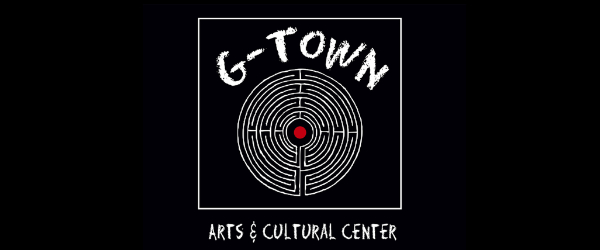











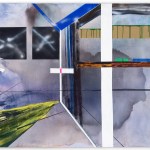
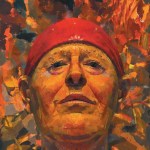

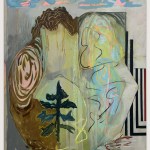
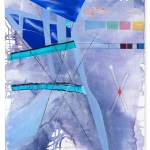
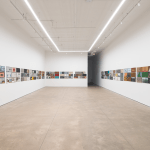
Basically everyone is looking for a new idea. But really it's more pressing for critics and curators than artists.
A lot of the impetus also comes from an indifference or suspicion of art history. Tradition has become such a loaded word, everyone would rather think in terms of branding now. But whether we talk about new art styles or new trends in thinking, they grow out of older versions, and with time and a little patience they can be usefully traced.
I thought about writing to Frieze about their preceding edition of essays on the topic (Storr's included) but a recent exchange of heated emails with one of their editors persuaded me they're not for real.
I respect Rob S a lot but I really didn't think any of the British contributors were up to it.